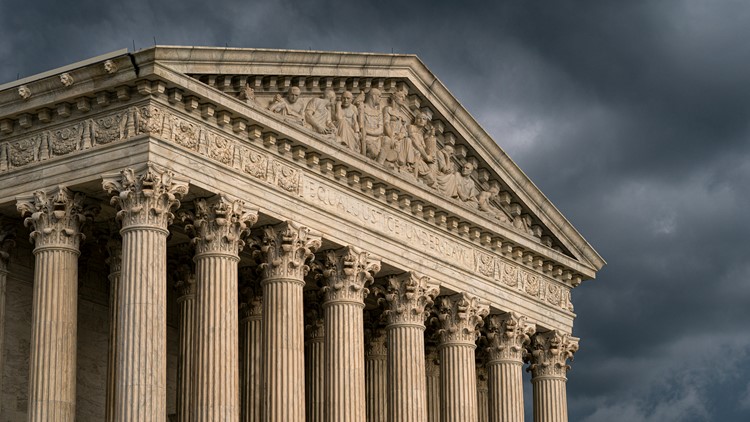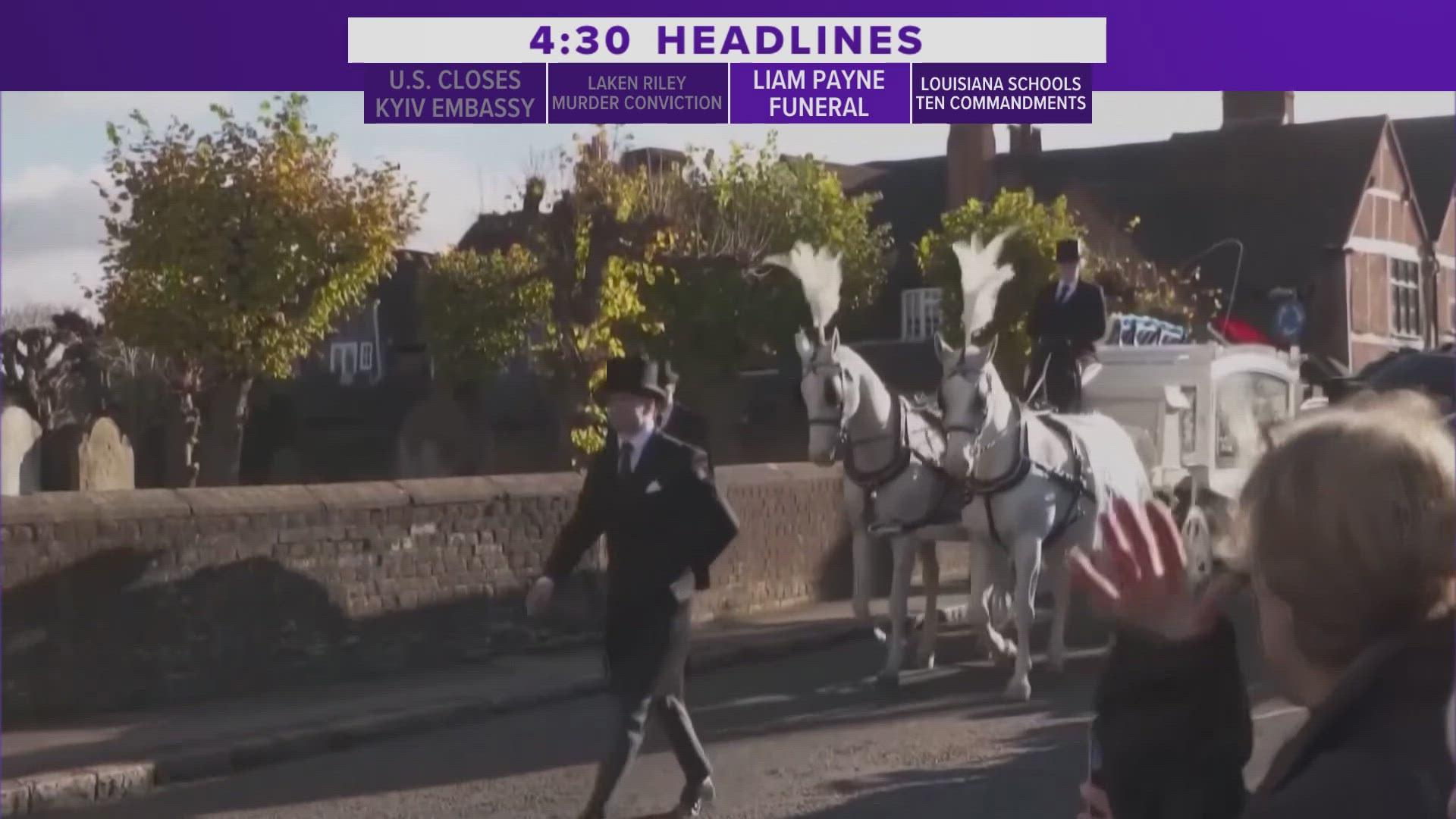WASHINGTON — The Supreme Court ruled Monday that prisoners who were convicted by non-unanimous juries before the high court barred the practice a year ago don't need to be retried.
The justices ruled 6-3 along conservative-liberal lines that prisoners whose cases had concluded before the justices' 2020 ruling shouldn't benefit from it. The decision affects prisoners who were convicted in Louisiana and Oregon as well as the U.S. territory of Puerto Rico, the few places that had allowed criminal convictions based on divided jury votes.
Justice Brett Kavanaugh wrote for the conservative majority that the court's “well-settled retroactivity doctrine” led to the conclusion that the decision doesn't apply retroactively. The decision “tracks the Court’s many longstanding precedents on retroactivity,” he wrote.
In a dissent joined by her two liberal colleagues, Justice Elena Kagan wrote that as a result of the ruling, “For the first time in many decades ... those convicted under rules found not to produce fair and reliable verdicts will be left without recourse in federal courts.”
During arguments in the case in December, which were held by phone because of the coronavirus pandemic, the justices were told that ruling in favor of the prisoners could mean retrials for 1,000 to 1,600 people in Louisiana alone. States and the Trump administration had urged the court not to give more prisoners the benefit of the ruling, saying doing so would be “massively disruptive” in both Louisiana and Oregon and might mean “the release of violent offenders who cannot practically be retried.”
As a result of the high court's 2020 ruling, juries everywhere must vote unanimously to convict. But that decision affected only future cases and cases in which the defendants were still appealing their convictions when the high court ruled. The question the high court was answering in the current case was whether the decision should be made retroactive to cases that were final before the ruling.
During arguments, several justices noted the very high bar past cases have set to making similar new rules retroactive.
Louisiana Attorney General Jeff Landry, a Republican, praised the ruling.
“Today, the Supreme Court reaffirmed long-final convictions involving rape, murder, child molestation, and other violent crimes," he said in a statement. “At a time when crime rates are through the sky and attempts to erode law and order are incessant, it is assuring that the Supreme Court upheld the rule of law.”
The case the justices ruled in involves Louisiana prisoner Thedrick Edwards. A jury convicted Edwards of rape and multiple counts of armed robbery and kidnapping. The jury divided 10-2 on most of the robbery charges and 11-1 on the remaining charges. Edwards, who had confessed to police, was sentenced to life in prison without the possibility of parole. Edwards, who is Black, has argued among other things that prosecutors intentionally kept Black jurors off the case; the lone Black juror on the case voted to acquit him.
In a statement, Edwards’ attorney André Bélanger said he was “disappointed in the Court’s ruling.” But he said the "fight is not over," explaining that rights guaranteed by the U.S. Constitution are just a minimum standard and Louisiana is free to apply the Supreme Court's 2020 ruling retroactively as a matter of state law. “This is obviously something that will be litigated moving forward," he said.
Advocates for people in Oregon convicted by non-unanimous juries also said they would pursue possible relief through state courts.
“My office remains committed to reviewing every case presented to us that involves a request for a new trial," Oregon Attorney General Ellen Rosenblum, a Democrat, said in a statement, adding that her office is reviewing Monday's decision and “will be working expeditiously on a plan for addressing these cases going forward.”
The case is Edwards v. Vannoy, 19-5807.



